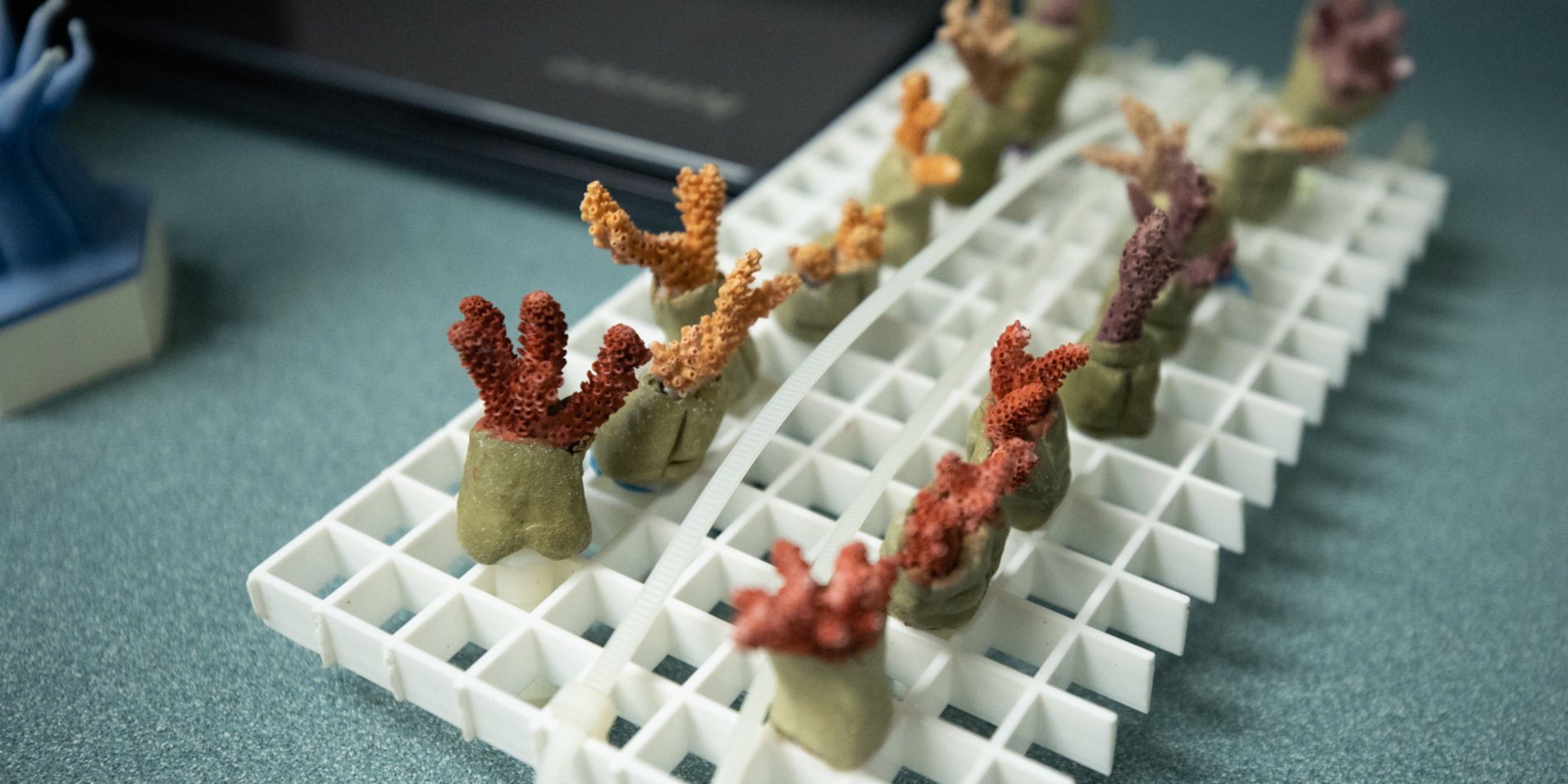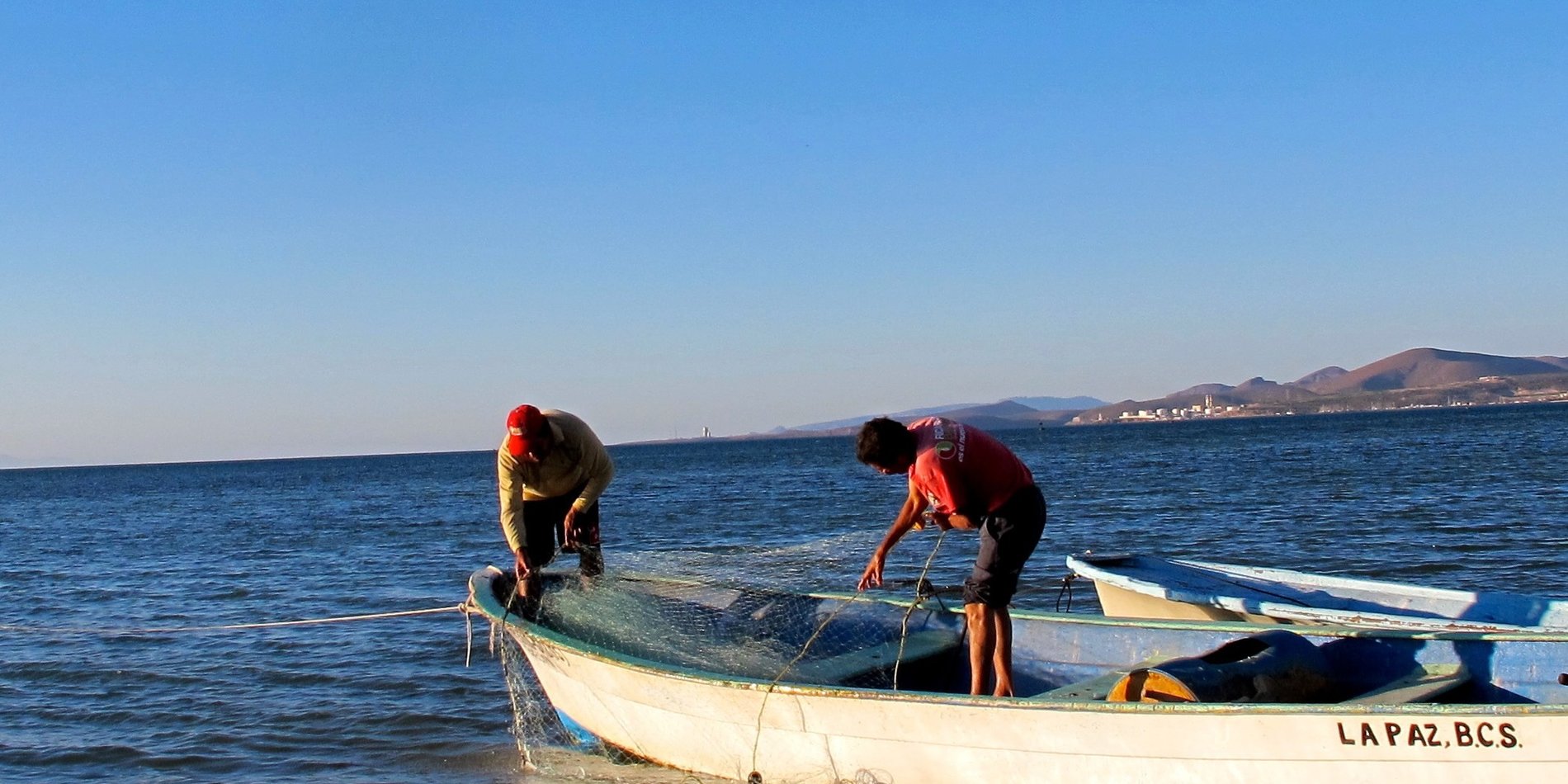How liberating ocean data will equip companies to avoid illegally caught seafood in their supply chains
A new report outlines how ocean data transparency can enable companies to avoid produce from illegal, unreported and unregulated (IUU) fishing and instead choose sustainable and ethical products throughout their supply chains. The report, ‘Assessing Seafood Supply Chains: New Public-Private Partnership Will Support Companies in Assessing IUU Fishing Risks Using Vessel Data,’ is part of an ongoing project to integrate disparate ocean data sources into a single platform, develop new automated analytical capabilities and indicators to improve understanding of risks in fisheries supply chains, and ultimately deliver a data solution tool to make the data accessible and actionable by companies.
The project is convened by Friends of Ocean Action at the World Economic Forum in partnership with FishWise, Global Fishing Watch and the Stanford Center for Ocean Solutions. As part of the Addressing Illegal Fishing and Labor Abuse initiative at the Center for Ocean Solutions, the Stanford team—which includes Alfredo Girón-Nava, Jim Leape, Elizabeth Selig, Colette Wabnitz, Katie Thompson, Margaret Daly and Eric Hartge—contributed their expertise on data, technology and illegal fishing practices to deliver actionable insights for seafood industry decision-makers.
“Industrial fishing is often ‘out of sight, out of mind’, but we owe it to the marine environment and future generations to be responsible in how we harvest and consume the ocean’s bounty. Data transparency and sharing is a critical building block in this process, and we are excited to use the power of data to clean up seafood supply chains. Illegal fishing is a problem that threatens national and economic security, ecosystem health, sustainable fisheries and human rights. Shining a light on the darkest recesses of commercial fisheries will enable supply chain companies around the world to do the right thing – for fishers, for consumers and for the planet,” said Alfredo Girón-Nava, project lead and André Hoffmann Fellow at the Stanford Center for Ocean Solutions, Friends of Ocean Action and the World Economic Forum.
IUU fishing is estimated to represent up to 20% of catch worldwide, with losses to the global economy estimated between $10-23.5 billion USD per year. The impacts of IUU fishing are far-reaching. Not only does it take away income from developing countries and threaten coastal livelihoods, it has also been linked to organized crime and human rights violations such as drug smuggling, human trafficking and slavery.
Significant strides have been made in recent years by responsible industry actors to better understand the origin of their products and counter the risks of IUU fishing by strengthening monitoring and oversight. But current risk assessment practices are often impeded by resource constraints and a lack of product traceability data and verification mechanisms, leading to low levels of trust in the information received from suppliers. The new report is a key piece in setting the scene for advancing a streamlined data solution tool.
Read the summary report
Read the full report
Watch the video
Learn more about the Addressing Illegal Fishing and Labor Abuses initiative
Media Contacts
Stanford Center for Ocean Solutions: oceansolutions@stanford.edu
Gemma Parkes, Communications Lead at Friends of Ocean Action: gpa@weforum.org



